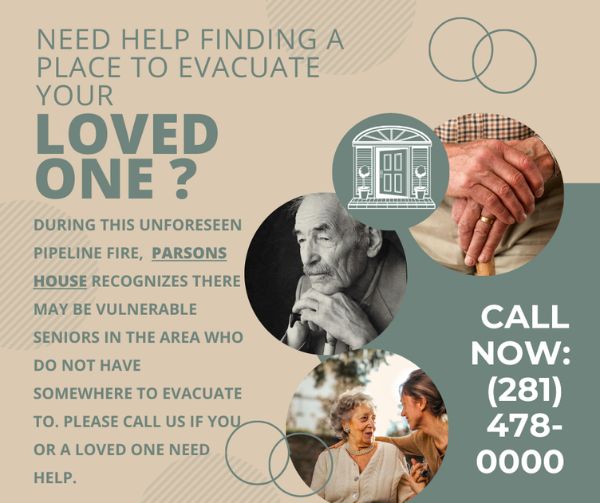Social isolation and loneliness can contribute to mental health problems like anxiety. This is a significant reason it’s so important to find a community that supports a person’s mental and physical health. And the fact that researchers have discovered a direct link between anxiety and memory loss makes it all the more important to foster good mental health.
We explore this link further in this article and some of the specific ways anxiety can impact a senior’s life. We’ll also cover some strategies that a senior and their caregivers can implement to help improve overall mental health.
What Is Anxiety?
Many people may occasionally deal with some anxiety or anxious thoughts. But an anxiety disorder can be a debilitating condition that interferes with a person’s life regardless of age. It’s estimated that around 30% of people experiencing a mental disorder will experience some form of anxiety disorder.
There are several types of anxiety disorders, ranging from general anxiety to specific fears or phobias. Anxiety can cause a person to avoid specific triggers or situations in an attempt to prevent their symptoms, and this can interfere greatly with a person’s daily life.
How Can Anxiety Affect Memory?
The worry of future problems that may or may not exist isn’t actually the only issue with anxiety. Researchers have identified it as a direct link to memory loss because of its interaction with the body’s nervous system.
Inadequate Amount of Sleep
Most of us have experienced trouble sleeping at one time or another because we were nervous about something coming up. When someone is dealing with an anxiety disorder, this kind of sleep disturbance could be a nightly occurrence.
And studies show a link between adequate sleep and the formation of memories, from procedural memory to memory consolidation.
Increased Cortisol Levels
Cortisol is commonly known as the stress hormone. Your body makes this necessary chemical that contributes to your body’s “fight-or-flight” response. Cortisol can actually help with memory and daily function at the right levels.
But someone who suffers from chronic anxiety tends to have higher levels of cortisol in their body. And over time, this can cause the body to essentially become stuck in a fight-or-flight mode. The synapses or connections between certain parts of the brain begin to break down as the mind stays stuck in this mode. This stress can cause difficulty in recalling and storing memories.
The Habit of Avoiding Uncomfortable Memories
Most of us don’t want to feel uncomfortable in our thoughts and emotions. And someone dealing with an anxiety disorder may find they try to block out certain memories by pushing them away and not dealing with them to avoid anxiety symptoms.
This may seem like it helps to reduce anxiety, but it can prevent you from dealing with the problem that causes the anxiety. Over time this can cause forgetting important events or blurring the details, making them difficult to recall.

The Anxiety Itself
We haven’t talked about the anxiety itself. Whether you’re dealing with a general anxiety disorder where you’re worrying about anything and everything or simply have a specific fear or phobia, it can become all-consuming.
When you spend all your emotional effort worrying, it can interfere with your daily life and keeps you distracted. This can cause you to forget all sorts of details on a daily basis.
How to Deal with Anxiety
Although it may seem hopeless if you’re dealing with anxiety, there is help available. It may even be easier to find help if you’re part of an independent or assisted living community because there are professional caregivers who can either provide the right support or know where you can get it.
Medication
There are various medications, such as antidepressants and antianxiety medications, available. Medication is far from a one-size-fits-all answer. You’ll have to work closely with your doctor to find the right medication and dose for your situation.
Therapy
Therapy can be another great option for someone dealing with anxiety. Cognitive behavior therapy is one of the most common forms of psychotherapy for anxiety. But if you’re seeing a therapist, they may have another suggestion on what might be more effective for you.
Lifestyle
General lifestyle changes could also support the battle against anxiety. Not only will physical activity benefit your physical health, but it can help improve your overall mental health by affecting mood and anxiety levels. Eating a healthy diet can also contribute to improved mental health in adults of all ages.
Finding a Community to Support Your Mental & Physical Health
There isn’t a magic cure-all for someone who is dealing with anxiety or other mental health issues. And when an adult gets older and approaches their retirement, it can feel like their options start disappearing. But it doesn’t have to be this way.Our compassionate team at Parsons House La Porte is committed to help you receive high-quality care. Give us a call if you’re considering retirement in the La Porte area. We’re happy to answer your questions and schedule a community tour.



